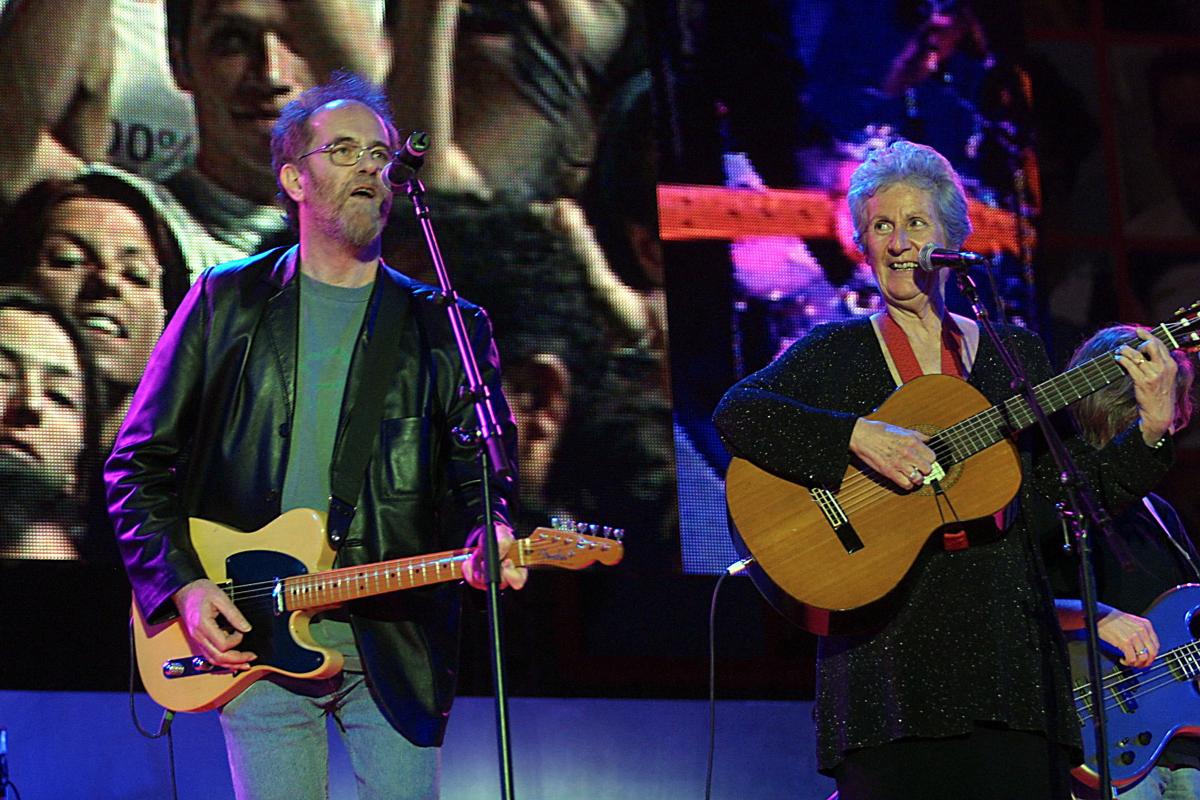Giovanna Marini and Francesco De Gregori (photo Lapresse)
Giovanna Marini, voice of Italian popular song, has died
Giovanna Marini, Italian singer-songwriter, ethnomusical researcher and folklorist, has died at the age of 87. Nicknamed the ‘Italian Joan Baez’ both for his music and for his unmistakable short, white hair and a sharp, intense gaze. Her multifaceted activity has made her one of the most important figures in the study, research and performance of the Italian popular musical tradition, but she is also the author of songs and cantatas of her own composition.
Giovanna Marini was born in Rome to a family of musicians. In 1959 he graduated in classical guitar at the Santa Cecilia conservatory in Rome, perfecting his studies and practice with the greatest classical guitarist alive at the time, the Spaniard Andre’s Segovia. At the same time he dedicated himself to the study and practice of ancient stringed instruments, such as the lute.
It was at the beginning of the sixties that Marini made personal acquaintance with the major intellectuals and scholars of the Italian popular tradition, among whom Pier Paolo Pasolini stood out. (whose meeting will be narrated by Marini herself in a live recording, which remains one of the best descriptions of Pasolini’s character and way of doing things), Italo Calvino (in turn also author of song lyrics for Cantacronache), Roberto Leydi, Gianni Bosio, Diego Carpitella, Alberto Mario Cirese, Cesare Bermani, Giulio Angioni and Alessandro Portelli.
But it is the discovery of social singing, or that which, with a definition probably dating back to Giovanna Marini herself (or also to Alberto Mario Cirese, with his Non-canted oral traditions, it begins to be defined as sung oral history, in the sense of popular recording of historical events through the privileged instrument of the song of anonymous composition and oral circulation, still active in the Italy in the sixties and in a society that was transforming from purely rural to urban-industrial.
